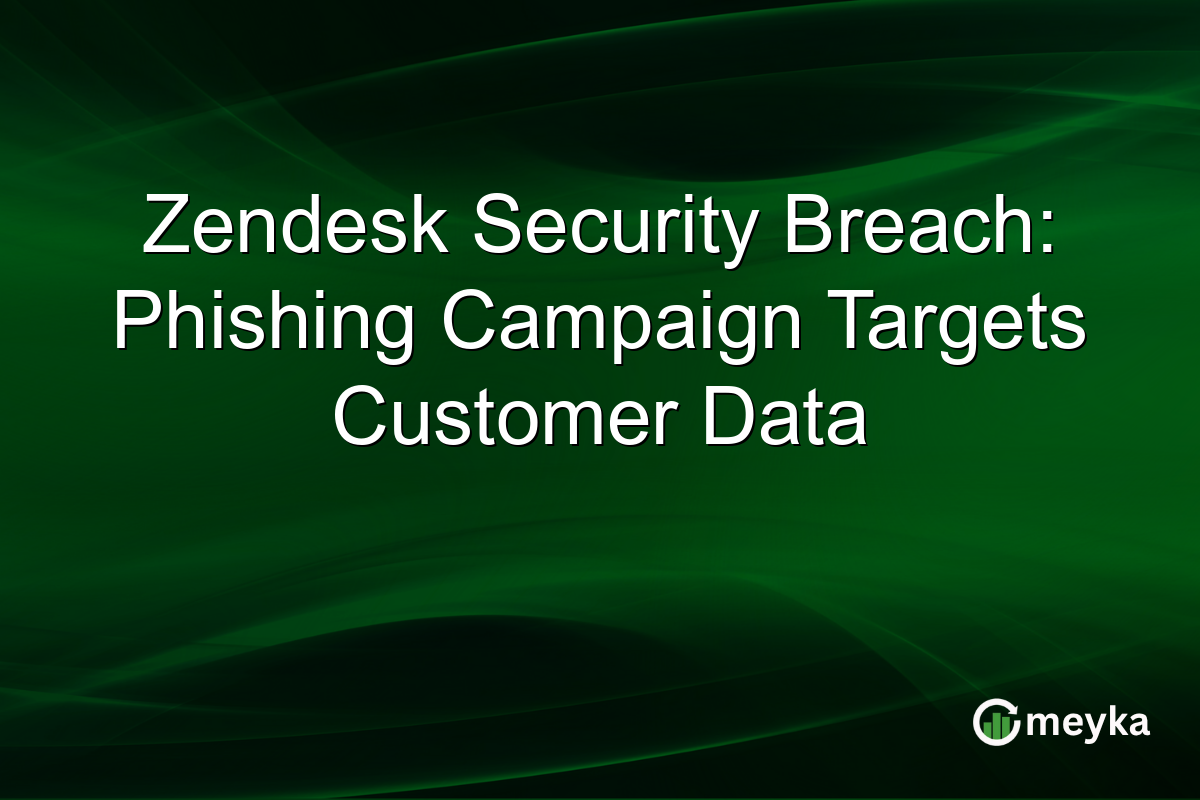Zendesk Security Breach: Phishing Campaign Targets Customer Data
In a recent security incident, Zendesk has been targeted by a sophisticated phishing campaign. This attack, using Cloudflare Pages, poses severe risks to customer data protection. The incident underscores the increasing vulnerabilities present in existing customer support systems. Such breaches highlight the urgent need for robust cybersecurity in business operations today.
Continue Reading on Meyka
This article is available in full on our main platform. Get access to complete analysis, stock insights, and more.
Read Full Article →





